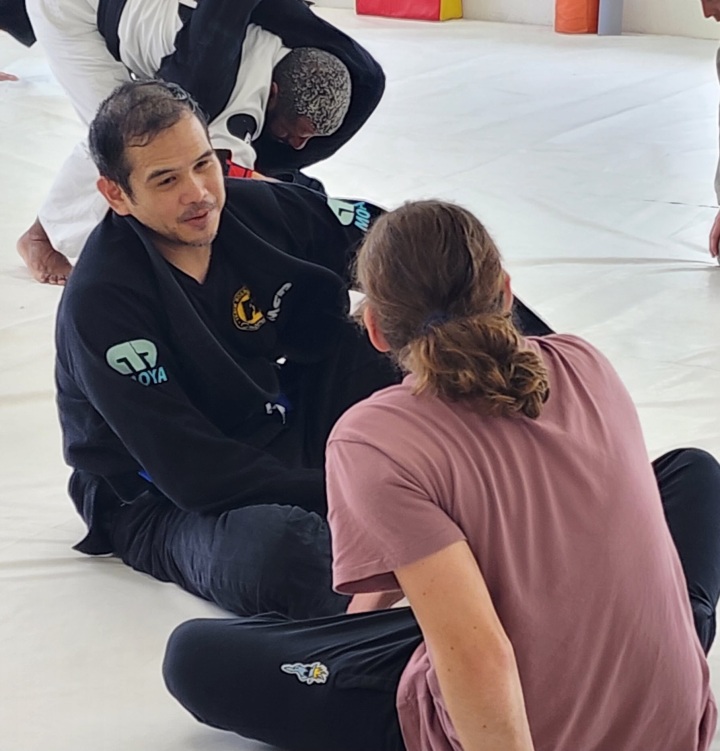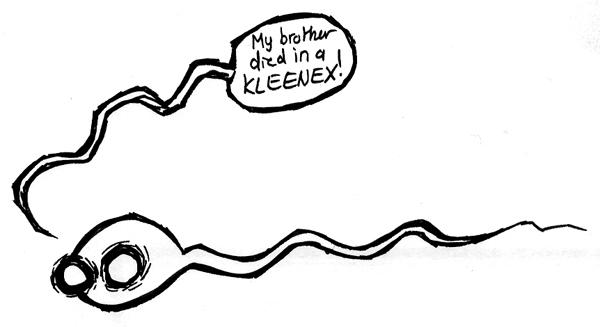
The holiday season, with its twinkling lights and merry melodies, often brings a mix of joy and stress. As a licensed mental health counselor and a father, I’ve seen and experienced the various shades of the holiday season. While it’s a time for celebration and family, it also comes with its unique set of pressures: financial constraints, family dynamics, and a seemingly endless to-do list. Here are some strategies to help you manage holiday stress and savor the joy of the season.
1. Acknowledge Your Feelings
First and foremost, it’s important to acknowledge your feelings. It’s okay if you’re not brimming with holiday cheer. The holidays can evoke a range of emotions, and it’s normal to feel overwhelmed, sad, or stressed. Recognizing and accepting these feelings is the first step in managing them.
2. Set Realistic Expectations
The portrayal of the holiday season in media and culture often sets an unrealistic standard of perfection. It’s crucial to set realistic expectations for yourself and your celebrations. Not everything has to be perfect, and it’s okay to scale back on decorations, gifts, or events. Remember, the holiday spirit isn’t about grandeur, but about warmth and connection.
3. Plan and Prioritize
Planning can significantly reduce stress. Make a list of what you need to do and categorize them by priority. This could include shopping, cooking, and attending events. Don’t hesitate to trim down your list by removing less important tasks or delegating them.
4. Set a Budget
Financial stress is a major aspect of holiday anxiety. To avoid this, set a budget for gifts, food, and other expenses. Be honest about what you can afford, and stick to your budget. Remember, meaningful gifts don’t have to be expensive; often, it’s the thought that counts.
5. Learn to Say No
You don’t have to participate in every activity or event. Overcommitting can lead to burnout. It’s okay to say no to certain invitations or responsibilities. Your well-being is paramount, and those who care about you will understand your need to prioritize it.
6. Maintain Healthy Habits
In the whirlwind of the season, it’s easy to let go of healthy habits. Try to maintain your regular routine, including eating healthily, exercising, and getting enough sleep. Physical well-being greatly influences mental health.
7. Take a Breather
When you start to feel overwhelmed, take a break. Even a few minutes of solitude can be refreshing. Practice deep breathing, meditation, or a quick walk outside. This brief respite can reset your stress levels and help you approach tasks with a clearer mind.
8. Connect Meaningfully
The essence of the holiday season is connection. Spend quality time with your loved ones, engage in meaningful conversations, and create lasting memories. In a season that can become materialistic, remind yourself and others that the best gift is quality time spent together.
9. Seek Professional Help if Needed
If you find yourself feeling persistently sad, anxious, irritable, or hopeless, consider seeking help from a mental health professional. There’s no shame in seeking support, especially during times that can amplify underlying issues.
10. Reflect and Appreciate
Finally, take some time to reflect on the year gone by. Acknowledge your achievements and the challenges you’ve overcome. Practice gratitude for the big and small blessings in your life. This positive reflection can shift your perspective and reduce stress.
The holiday season doesn’t have to be a time of overwhelming stress. By acknowledging your feelings, setting realistic expectations, and practicing self-care, you can navigate the festive frenzy with more ease and joy. Remember, the true essence of the season lies in the warmth of relationships and the joy of simple pleasures. May your holidays be filled with peace, love, and happiness.
!







